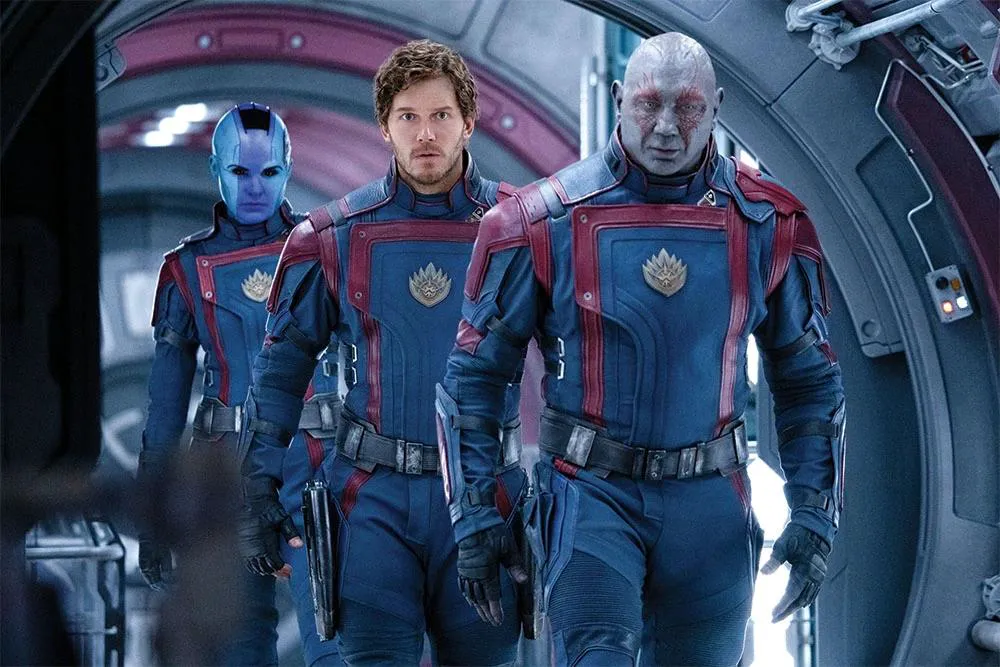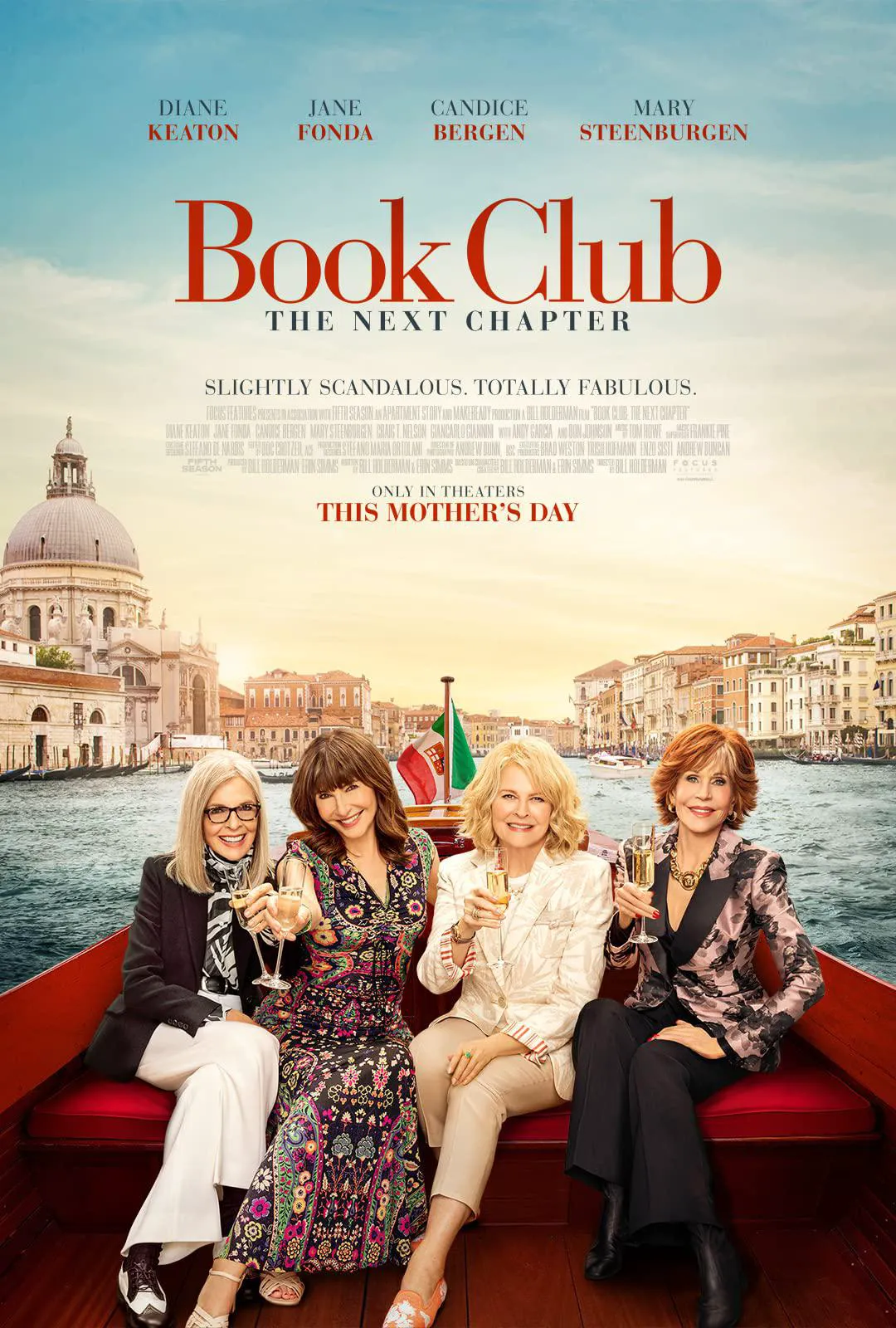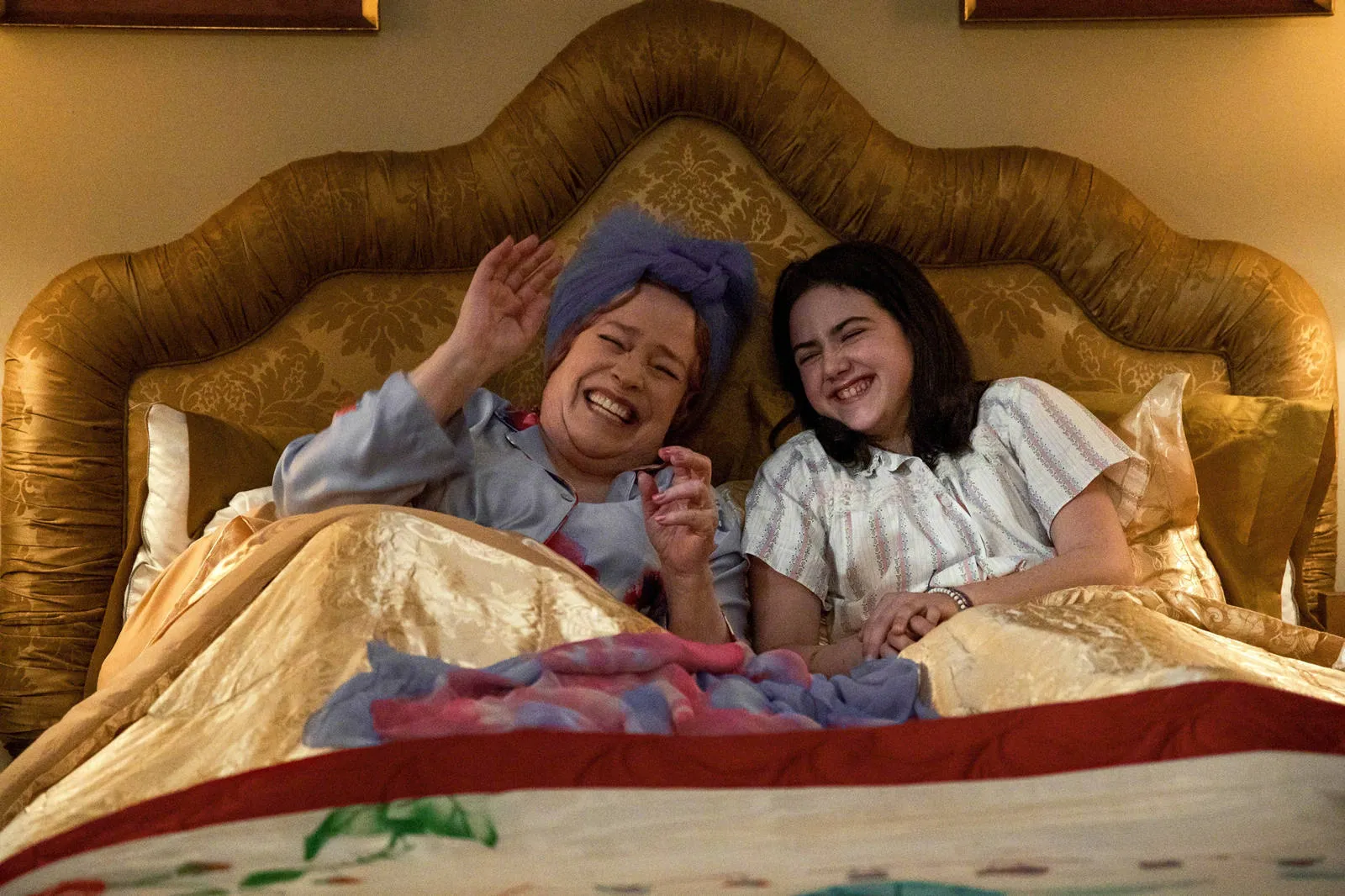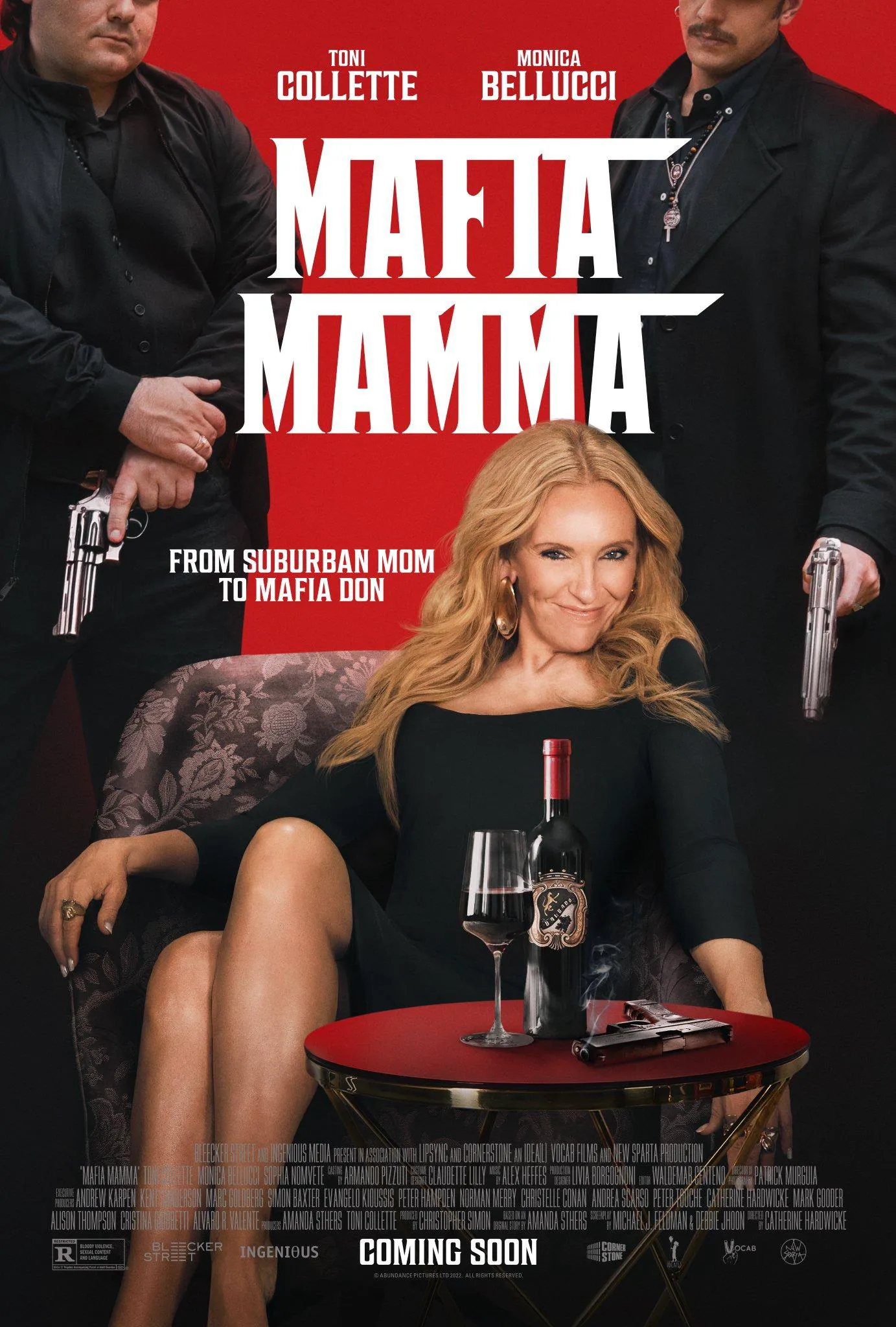Guardians of the Galaxy Vol. 3 Dominates Box Office as Hollywood Ends COVID-19 Protocols
As expected, Marvel’s Guardians of the Galaxy Vol. 3 held onto the top spot at the North American box office this past weekend. The film grossed $60.5 million in its second weekend, a respectable 49% drop from its opening weekend. In other news, Hollywood officially ended its COVID-19 safety protocols last week, a welcome change for the entire industry.
Guardians of the Galaxy Vol. 3: An Oscar Nomination in Sight?
The second-week performance of Guardians of the Galaxy Vol. 3 is undoubtedly a relief for Disney. Earlier this year, Ant-Man and the Wasp: Quantumania opened with over $100 million but plummeted in its second weekend due to poor reviews, earning only $31.9 million – a record drop for a Marvel film. It now seems certain that the trend of weak box office performances for Marvel blockbusters has been averted.

Guardians of the Galaxy Vol. 3 Still
The industry is also closely watching the final North American box office total for Guardians of the Galaxy Vol. 3. Currently, the film has grossed $475 million worldwide. Whether it can surpass the $770 million of the first film and the $860 million of the second remains to be seen. A potential obstacle is the release of Universal’s Fast X on May 19th, which will not only draw a large audience but also take over a significant number of IMAX screens, which contribute heavily to overall box office revenue due to higher ticket prices.

Fast X Still
Interestingly, Hollywood media reports that Guardians of the Galaxy Vol. 3 used a record-breaking 22,542 prosthetic pieces, 500 wigs, 130 fake beards, and 117 pairs of contact lenses during production, surpassing How the Grinch Stole Christmas (2000) as the film with the most prosthetic makeup pieces ever used. How the Grinch Stole Christmas won the Best Makeup Oscar in 2001. Could Guardians of the Galaxy Vol. 3 replicate that success at the 96th Academy Awards next March? The first Guardians of the Galaxy received a nomination in this category in 2015, and Black Panther: Wakanda Forever earned Marvel’s second nomination last year, but neither film won.
The Shrinking Space for Comedy Films
The only major new release this weekend was Book Club 2: The Next Chapter, timed for Mother’s Day. While the cast and crew remain the same as the first film in 2018, Paramount Pictures is no longer involved, with Focus Features taking over production.

Book Club 2: The Next Chapter Poster
The original Book Club (2018), a humorous story about four older women finding new zest for life through Fifty Shades of Grey, targeted the often-overlooked older female audience and was a critical and commercial success, grossing $104 million worldwide on a budget of just $14.1 million. This success led to efforts to produce a sequel, even without Paramount’s involvement.
However, the sequel, set against the backdrop of scenic Italy, has failed to resonate with audiences, with its CinemaScore dropping from A- to B. This decline in reviews is reflected in the box office: the film opened with just $6.5 million in 3,508 theaters, half of the original’s $13.5 million opening.
With such audience reception, the future box office prospects for Book Club 2 appear bleak. The stars had hoped to film third and fourth installments, expanding the story to locations like Hong Kong, but that now seems unlikely.
Focus Features invested significantly in the marketing of Book Club 2. The four leads – Diane Keaton, Jane Fonda, Candice Bergen, and Mary Steenburgen – tirelessly promoted the film, demonstrating admirable dedication.

Are You There God? It’s Me, Margaret Still
The release date for Book Club 2 was strategically chosen to coincide with Mother’s Day, with only two films – Book Club 2 and Are You There God? It’s Me, Margaret – specifically targeting that demographic. While Book Club 2 successfully attracted its target audience (77% female, 50% over 55), the overall numbers were too low.
The underlying issue may be the changing landscape of film consumption. Book Club 2 is a comedy, but the pandemic has altered viewing habits. Audiences now selectively choose which genres to see in theaters. While horror films continue to draw crowds for the communal experience of fear, comedies are struggling, as audiences have become accustomed to watching them at home on streaming services. The shortened theatrical window further reduces the incentive to see comedies in theaters.
The comedy genre itself is also evolving. The slapstick comedies of the 1990s have lost their appeal, and actors like Jim Carrey have aged out of leading roles. Meanwhile, other genres, particularly superhero films, have incorporated comedic elements, often with great success.
As comedian Seth Rogen noted, Hollywood comedies face increasing competition. “Because Thor 2 is basically a comedy, Ant-Man is a comedy, and those are $200 million comedies. So, when you’re making a comedy now, you’re competing with Marvel.”
While fewer comedies are being released in theaters, other genres – superhero films like Deadpool, animated films like Ralph Breaks the Internet, action films like Fast & Furious Presents: Hobbs & Shaw, horror films like Scream VI and M3GAN, and fantasy films like Dungeons & Dragons: Honor Among Thieves and Jumanji: Welcome to the Jungle – offer comedic moments that satisfy audiences’ desire for laughter and relaxation, further crowding out traditional comedies.

Mafia Mamma Poster
In mid-April, Mafia Mamma, starring Toni Collette, opened in 2,002 theaters but grossed only $2.04 million, with a total North American gross of just $3.5 million. In contrast, Renfield, a horror film with comedic elements released on the same day, earned a similarly underwhelming $7.77 million opening but has since grossed $17.06 million domestically. However, with a production budget of $65 million, Renfield is unlikely to recoup its costs through theatrical release alone.
Even if audiences are specifically seeking a comedy, they have more options than ever. Instead of Mafia Mamma, they can watch Renfield or even The Super Mario Bros. Movie, which offers plenty of humor. Next month, Jennifer Lawrence’s comedy No Hard Feelings will be released, serving as a test of the genre’s appeal in the post-pandemic era.
Hollywood’s COVID-19 Protocols End
Finally, on May 11th, Hollywood’s COVID-19 safety protocols officially expired. As of May 12th, workers are no longer required to show proof of vaccination to join film and television productions.
However, this does not mean that the impact of COVID-19 has completely disappeared. To protect union members, Hollywood unions have stated that crew members who test positive for COVID-19 after May 12th will be entitled to at least five days of paid sick leave if they feel unwell.
In early 2020, the COVID-19 pandemic caused widespread disruption, particularly affecting the labor-intensive and interpersonal nature of the Hollywood film industry. Widespread infections forced numerous productions to shut down, halting pre-production, filming, post-production, and even marketing and distribution. In response, film studios and unions negotiated the “Return to Work Agreement” in the second half of 2020, mandating vaccinations, masks, and social distancing.
These strict protocols allowed film and television projects to resume, meeting audience demand and providing work for industry professionals. However, the protocols also imposed significant financial burdens on productions, with costs for masks, testing, vaccinations, and social distancing adding millions to tens of millions of dollars to each film’s budget, accounting for 20% to 30% of the total cost.
The protocols, which began in September 2020 and were originally set to expire on April 30, 2021, were extended multiple times, lasting a total of 30 months and marking a unique chapter in Hollywood history. However, the end of the protocols has been overshadowed by the ongoing writers’ strike.